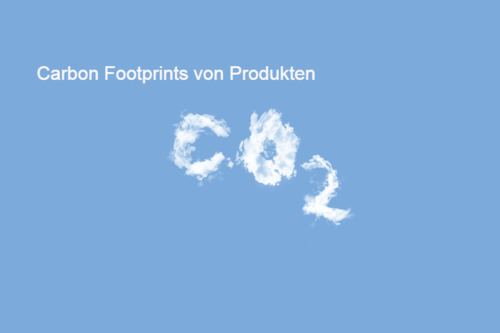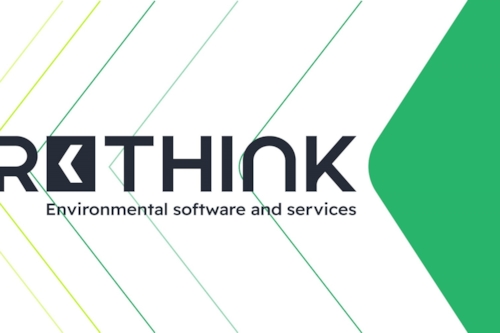
Life Cycle Assessment (LCA)
Receive a quote tailored to your needs
What is a Life Cycle Assessment (LCA)?
A Life Cycle Assessment (LCA) is a comprehensive methodology regulated by ISO 14040/44 for evaluating a product’s environmental impact throughout its entire life cycle, from raw material extraction, production and distribution, to usage and disposal. As a result, the emissions for various environmental impact categories, such as Global Warming Potential (GWP), Ozone Depletion Potential (ODP), and Water Depletion Potential (GWP), are calculated and evaluated. Based on this, efforts can be made to reduce the environmental impact, and sustainability strategies can be build and optimized.
An LCA provides decision makers in industry, governmental and non-governmental organisations with important information and can be used for strategic planning as well as product and process development.
The importance of an LCA
In an LCA study, through a holistic analysis, environmental information is quantified and displayed. This serves to identify optimisation potentials along the life cycle and is therefore particularly relevant for product manufacturers, developers, and companies that aim at strengthening their sustainability strategies. The results of the LCA allow transparent communication of company- or product-related environmental impacts with your customers and can be used as a targeted marketing instrument. Comparative LCAs enable comparisons between the environmental impacts of certain products and are used particularly in the implementation of new products.
How is an LCA created?
LCAs are created by our experts in accordance with international ISO standards 14040/14044. At an initial meeting, the technical and organisational framework conditions are defined together with the customer, in terms of goal and the scope definition. In the Life Cycle Inventory (LCI), all environmentally relevant input and output flows of the product systems are recorded and quantified. The LCI is used as the basis for the impact assessment, which determines the significance of potential environmental impacts. Using current LCA databases, the phases are modelled using LCA software and then evaluated.

Source: ISO 14040
Product Environmental Footprint (PEF)
The "Product Environmental Footprint (PEF)" represents the next level of European environmental policy and serves to communicate essential environmental parameters in B2B and B2C.

Environmental Product Declaration (EPD)
An Environmental Product Declaration (EPD) is a Type III Environmental Declaration and is regulated by ISO 14025 and EN 15804. It contains quantifiable environmental information on a European harmonized, scientific basis. An EPD is based on Life Cycle Assessment (LCA) data.

Carbon Footprint of Products (CFP)
A Product Carbon Footprint (PCF) following ISO 14067 records the total CO2 emissions that occur directly or indirectly over the life cycle of a product.

Create your life cycle assessment and EPD with R<THINK
R<THINK is a software application that enables companies to create Life Cycle Assessments (LCA), Environmental Product Declarations (EPD), and Carbon Footprints of Products (CFP), efficiently and according to international and European standards. With R<THINK you can carry out project-specific calculations as well as calculate the environmental impact of your entire product portfolio.

CO2 - Footprint / Certification CO2-neutral
The CO2 Footprint, also known as the Carbon Footprint, records the total CO2 emissions that occur directly or indirectly over the life cycle of a product system.
